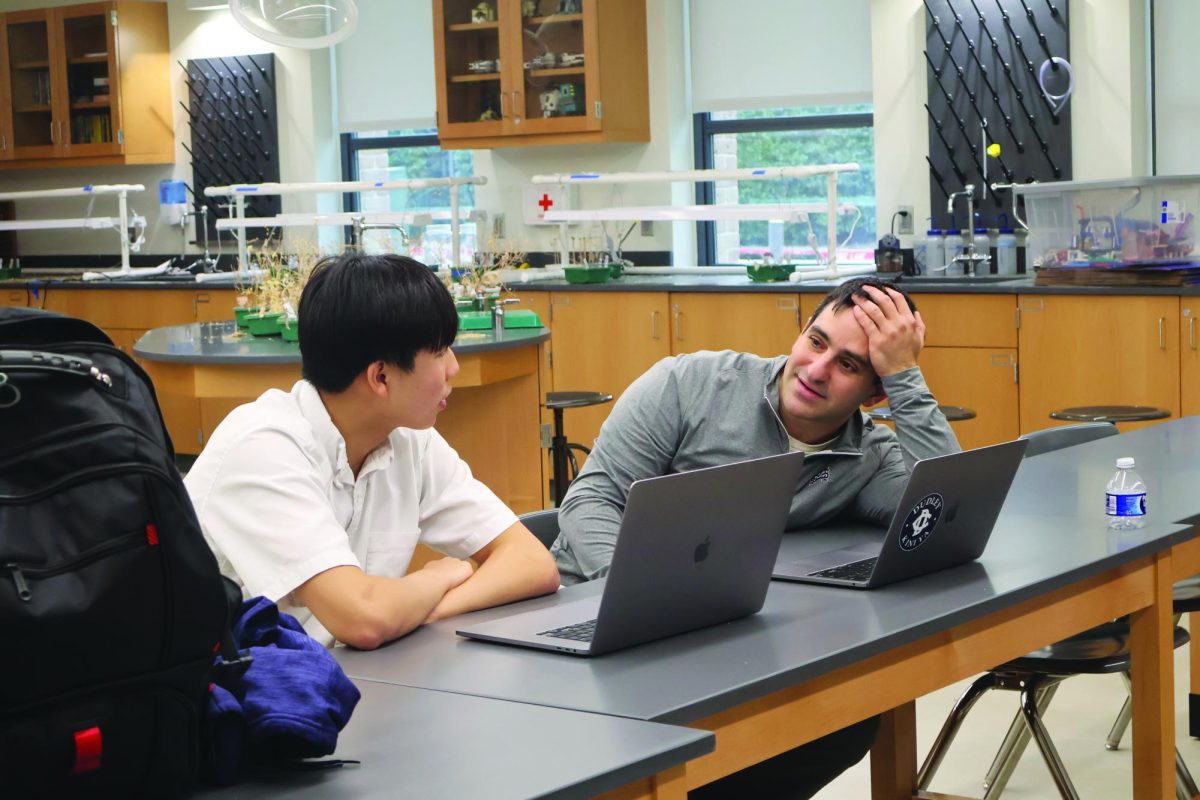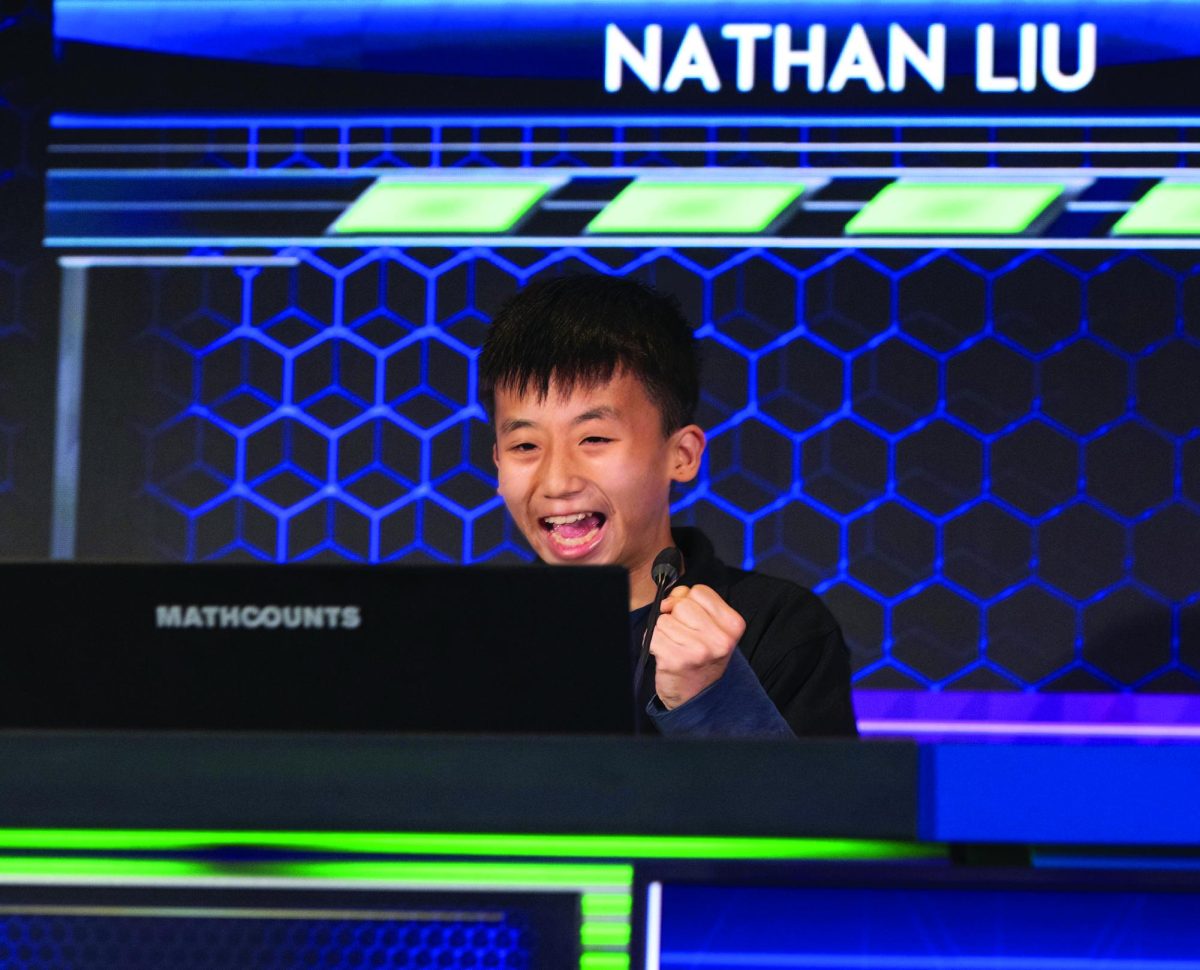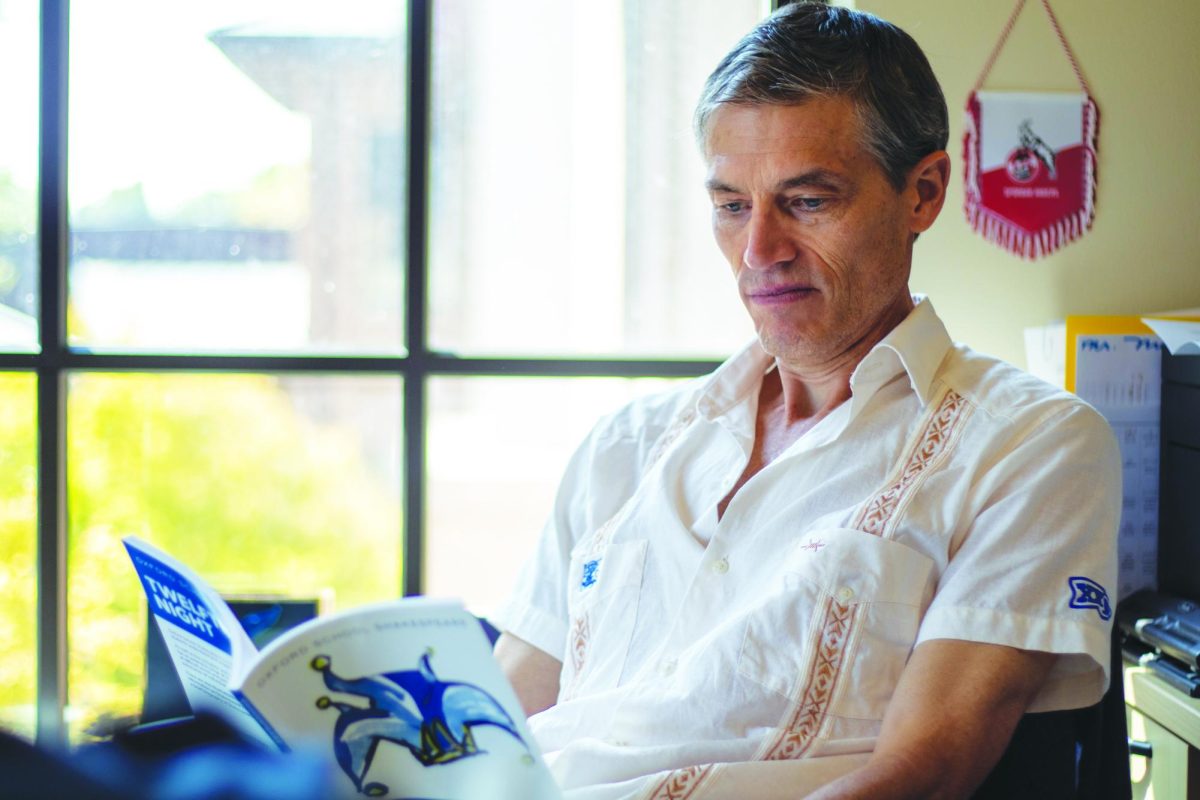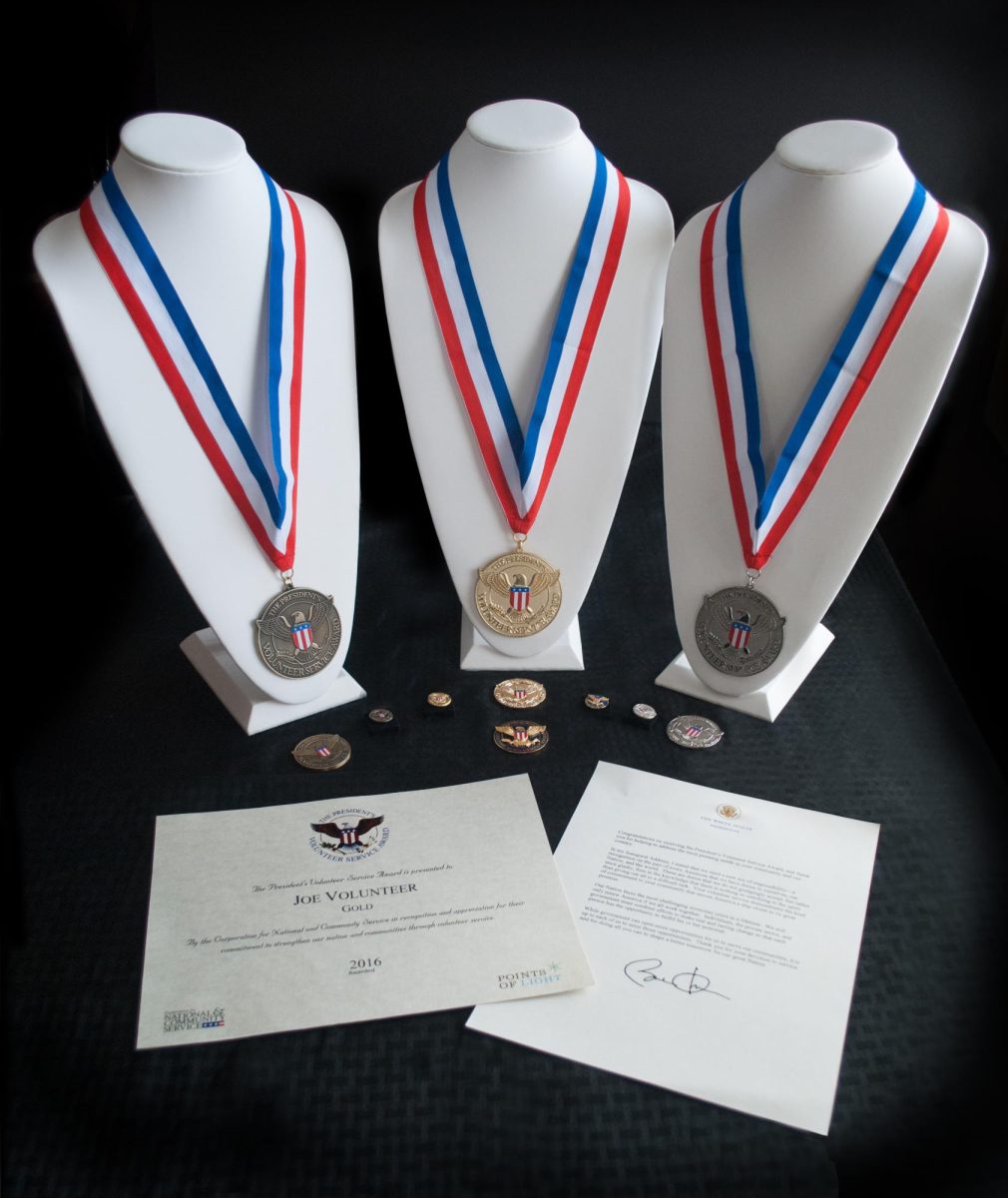Not just anyone can publish a paper.
The highly competitive process and extensive steps required to publish a scientific paper in a peer-reviewed journal may take several months, if not, several years.
In fact, most experts in the field won’t publish more than two papers during their careers.
Papers require research, data analysis, figures and convincing arguments – and for scientists to generate the research and data, institutions spend millions on lab equipment.
But sophomore Richard Wang took what started as a budding curiosity into a lifetime accomplishment: publishing his first research paper, which was titled “Breast cancer mammographic screening by different guidelines among women of different races/ethnicities” in the Journal of Emerging Investigators (JEI). And it took a lot more work than an average lab report.
“Having to learn all the statistics and how all the numbers worked was difficult,” Wang said. “But really, I had to learn how to write a scientific paper.”
Wang did the bulk of his research with his father’s colleague. But while dealing with the struggles of lack of experience and mere stylistic errors, Wang realized he wasn’t ready to take the next step in publishing. He needed more than statistics and numbers; he was searching for a mentor.
Fortunately, Upper School Biology instructor Dr. Dan Lipin was the perfect choice. Lipin was the first person Wang went to and the only one he ended up needing. With a doctorate in biochemical engineering, Lipin has experience in publishing papers and was willing to help. But Wang needed to prove his dedication and determination to the claim in his paper.
“Richard had to convince me,” Lipin said. “If he can convince me, then he’s going to be able to convince the wider scientific community.”
Throughout Wang’s freshman year, Lipin served as another perspective and an experienced helping hand.
“There was a big back and forth,” Lipin said. “Every few weeks, he would send me a version, and then I would send it back and back and back; it just got longer and longer.”
Following this extensive process, from copy editing and learning the correct format to learning new data analysis software and statistics, Wang submitted his paper to the JEI.
“That was published this year,” Lipin said. “Richard started to work on a new paper over the summer. Ever since the school year started, we started that process again, and it’s still not done yet.”
Richard’s interest and commitment didn’t just compel him to continue to research and write another paper; it piqued the curiosity of the people around him.
“Benjamin Standefer came in with a blank slate and said ‘I want to do research,’” Lipin said.
Working with Lipin, sophomore Benjamin Standefer has started his own research paper, using it to further personal curiosity and reach out to professors and other experts. The pair reached out to a graduate student connected to JEI, and he is currently advising Standefer as he works on his paper.
Going through a process similar to Wang, Standefer started to learn more about papers, reading dozens to further understand the topic he is interested in.
“My research is focused on certain proteins and looking at how they’ve evolved over time,” Standefer said. “I use a basic local alignment search tool to understand what specific parts of proteins have changed over time and how those affect protein structure.”
Standefer and Lipin needed to read more papers to truly understand these complex concepts.
“We started looking around research and it’s such a rabbit hole,” Lipin said. “If you get to a paper where you have no idea what they’re talking about, you may have to read six other papers to understand it.”
Unfortunately, as this task is extremely time-consuming and unsustainable to finish in time, the strongest plan of action is to speak to experts.
“We contacted Professor Dhivya Arasappan at the University of Texas, who teaches a freshman biology course in big data analysis,” Lipin said. “We talked to her for about 30 minutes and she recommended cool software Ben could learn.”
With her advice, Standefer was able to learn more about protein evolution.
“As I was reading a lot of papers and doing more in-depth research, I came across topics that were more specialized that general scientists wouldn’t have as much information about,” Standefer said. “And so, the best option was to contact the people who wrote those specialized papers, but they wouldn’t always respond.”
However, Professor Alicia Michaels, one of the leading researchers in the specific field Standefer was concerned in, was interested in helping.
“She gave him all kinds of hints on what to do,” Lipin said. “So my job, I think, is less of like, being the science teacher, and more trying to get them in contact with people. So now [Standefer] has Dhivya, Alicia, the JEI graduate student, and many more to come.”
Mr. Lipin places great emphasis on the ability to connect with scientists and receive prompt responses, as the scientific community is closely-knit and open to sharing research and fostering new ideas.
After publishing his current paper, Standefer is already looking forward to his next one.
“This is really a trial run to understand the research process, the paper writing process and to create a great outline I can perfect over time by doing more research, writing more papers and discovering what field of biology suits me,” Standefer said.
From scientific curiosity to intellectual contribution
Navigating the rigorous path of scientific paper publication, sophomores Richard Wang and Benjamin Standefer are working with biology instructor Dr. Dan Lipin and others to produce their findings in the scientific world
December 8, 2023
Categories:
Working in collaboration with Sophomore Richard Wang, Dr. Dan Lipin advises Wang on how to write his scientific paper.
More to Discover
About the Contributors
Joseph Sun, Focus Editor
Doan Nguyen, Enterprise Editor








